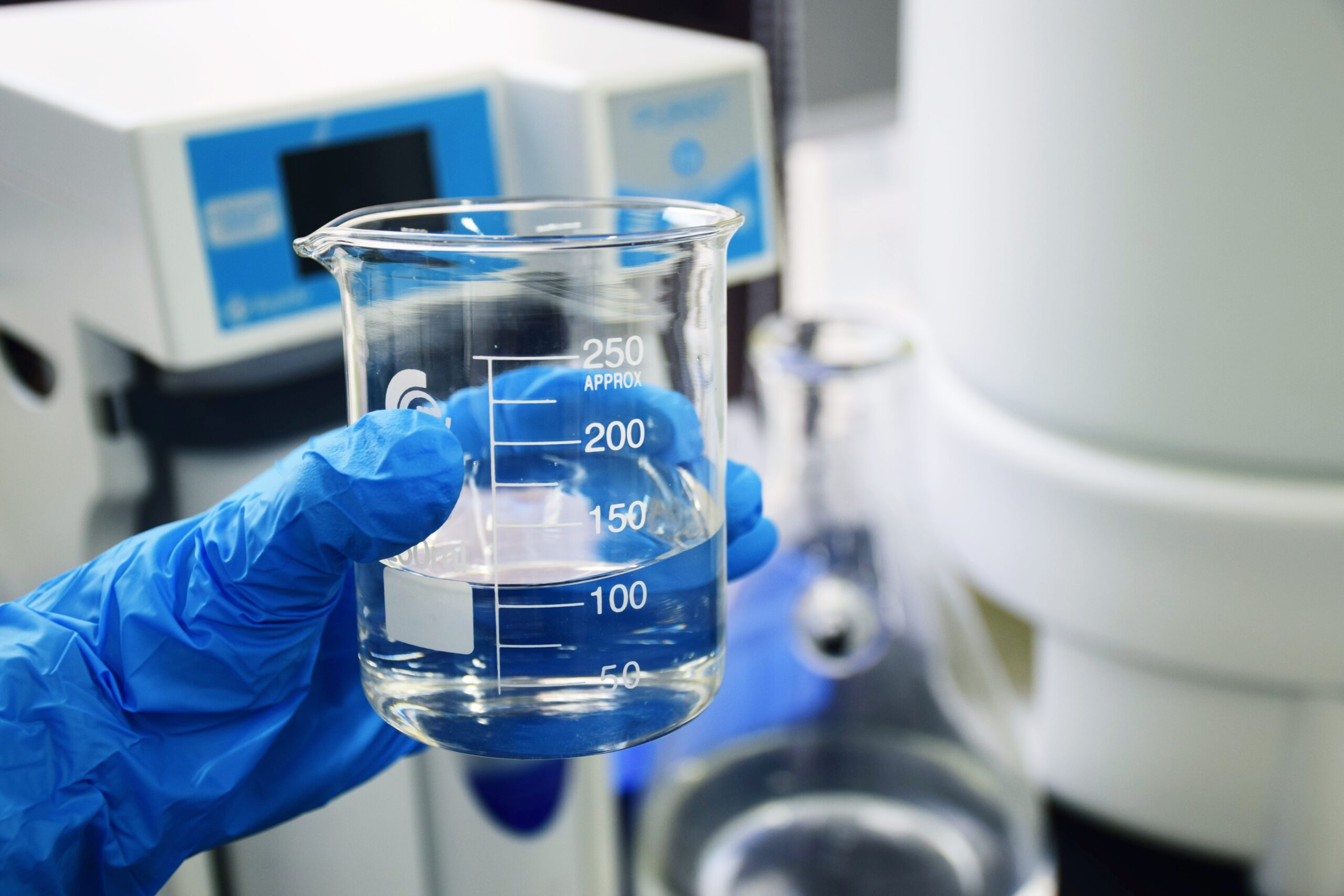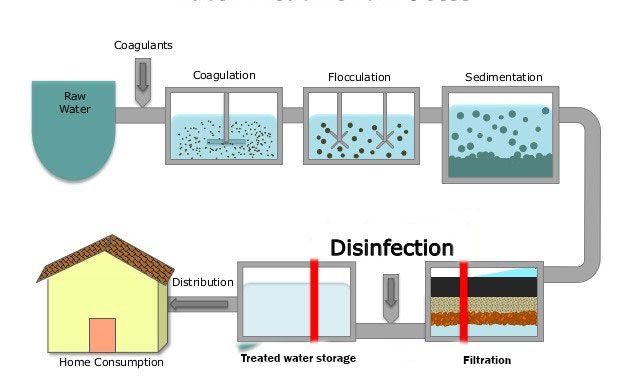Why You Need a Water Purification System for Tidy, Safe Water
Why You Need a Water Purification System for Tidy, Safe Water
Blog Article
Why a Water Purification System Is Necessary for Tidy, Safe Water
Access to tidy, safe water is an essential human right and a keystone of public health. The visibility of unsafe impurities such as microorganisms, hefty metals, and chemical toxins in our water supply raises significant issues about wellness and wellness. A water filtration system stands as a critical option to reduce these risks, making certain that people and areas can access risk-free drinking water. Comprehending the ins and outs of these systems and their numerous techniques is essential, particularly as we consider the ramifications for wellness end results and environmental sustainability in our day-to-days live.
Relevance of Clean Water
Accessibility to clean water is a fundamental need for human wellness and wellness. It is important for sustaining life, sustaining hygiene, and preserving general public health. Water Purification System. The availability of risk-free alcohol consumption water considerably minimizes the risk of waterborne illness, which present a substantial threat to neighborhoods worldwide. Polluted water can bring about significant wellness concerns, consisting of gastrointestinal health problems, cholera, and dysentery, specifically in at risk populations such as children and the elderly.
Furthermore, tidy water is critical for hygiene and hygiene practices, which are vital in avoiding the spread of transmittable diseases. Adequate supply of water supports proper sanitation facilities, advertising a much healthier setting. In addition, access to secure water affects socioeconomic elements, as it allows neighborhoods to take part in agricultural and commercial tasks, inevitably contributing to financial growth.
In lots of regions, the absence of clean water intensifies destitution and inequality, more preventing progress towards lasting advancement goals. Making certain accessibility to tidy water is not only a public wellness essential but also a keystone for social equity and economic development. Initiatives to enhance water quality and facilities have far-reaching benefits, fostering much healthier neighborhoods and enhancing lifestyle.

Usual Pollutants in Water
Ensuring the schedule of clean water is undermined by various contaminants that can endanger its safety and quality. The visibility of virus, such as bacteria, bloodsuckers, and viruses, presents considerable health risks, specifically in areas lacking adequate hygiene. These bacteria can lead to waterborne conditions, leading to extreme health problem or perhaps fatality.
Chemical contaminants also offer an essential worry. Heavy metals, consisting of lead, arsenic, and mercury, typically get in water products via industrial discharges or rusty pipes. These materials can gather in the body in time, bring about long-term wellness problems such as neurological damage and developing problems.
Furthermore, agricultural overflow presents pesticides and fertilizers into water systems, which can disrupt ecosystems and adversely impact human health. Nitrates, frequently located in fertilizers, can cause severe problems like methemoglobinemia, particularly in infants.
Advantages of Water Purification Solutions
Acknowledging the critical need for safe alcohol consumption water, water filtration systems offer a myriad of benefits that enhance public health and environmental sustainability. Primarily, these systems successfully get rid of unsafe contaminants, including germs, infections, hefty steels, and chemicals, ensuring that the water eaten is free from toxins and microorganisms. This reduction in contaminants substantially lowers the threat of waterborne conditions, advertising general community wellness.
Along with health and wellness benefits, water purification systems add to ecological sustainability by decreasing reliance on bottled water, which typically generates too much plastic waste. By utilizing a filtration system, households can lower their carbon footprint and add to a much more lasting ecological community. These systems can improve the taste and smell of water, making it extra palatable for daily consumption.

Various Sorts Of Filtration Techniques

One typical approach is reverse osmosis, which makes use of a semi-permeable membrane layer to separate water from dissolved impurities and solids. This process properly decreases pollutants, consisting of hefty metals and chemicals. An additional widely utilized technique is ultraviolet (UV) disinfection, which uses UV light to neutralize infections and germs, making them harmless without making use of chemicals.
Activated carbon filtering is one more popular technique, making use of carbon to adsorb natural compounds, chlorine, and undesirable odors, boosting taste and odor high quality. Purification, a procedure that entails boiling water and condensing the vapor, link effectively gets rid of contaminants and minerals yet might need more energy contrasted to various other techniques.
Ion exchange is commonly utilized to soften water by changing calcium and magnesium ions with salt or potassium ions. Each technique has its limitations and advantages, making it necessary to comprehend their capabilities and efficiency in addressing details water high quality issues - Water Purification System. Inevitably, selecting the suitable filtration technique is important for ensuring secure and clean alcohol consumption water
Picking the Right System
Selecting an ideal water purification system calls for careful consideration of various aspects, including the certain contaminants existing in the water, the quantity of water needed, and the preferred filtration technique. It is necessary to perform a water quality examination to identify contaminants such as microorganisms, heavy metals, or chemical toxins. This information will certainly direct you in picking click reference a system that effectively targets those specific pollutants.
Next, evaluate your home's everyday water consumption to figure out the system's capability. Solutions are available in various dimensions, from point-of-use filters for drinking water to whole-house devices that cleanse all water entering your home.
In addition, consider the purification technique that ideal fits your demands. Reverse osmosis is very effective for removing a broad variety of pollutants, while UV purification is exceptional for eliminating microbes.
Conclusion
In conclusion, the implementation of water purification systems is critical for making sure accessibility to tidy and secure water. These systems successfully get rid of dangerous pollutants, therefore reducing the risk of waterborne illness and improving public health. They add to ecological sustainability by reducing dependence on bottled water. By recognizing the significance of clean water and the benefits of various filtration techniques, communities can make educated decisions to guard their wellness and promote socioeconomic stability.
Identifying the critical need for safe drinking water, water filtration systems provide a myriad of advantages that improve public wellness and environmental sustainability.In enhancement to health advantages, water purification systems contribute to environmental sustainability by minimizing dependence on bottled water, which typically creates too much plastic waste. Ultimately, the adoption of water filtration systems is a proactive step towards making certain clean, secure water for future generations while safeguarding public wellness and the setting.
Choosing an appropriate water purification system calls for careful consideration of various factors, consisting of the details contaminants present in the water supply, the quantity of water required, and the desired purification technique.In final thought, the application of water purification systems is vital for making sure accessibility to risk-free and clean water.
Report this page